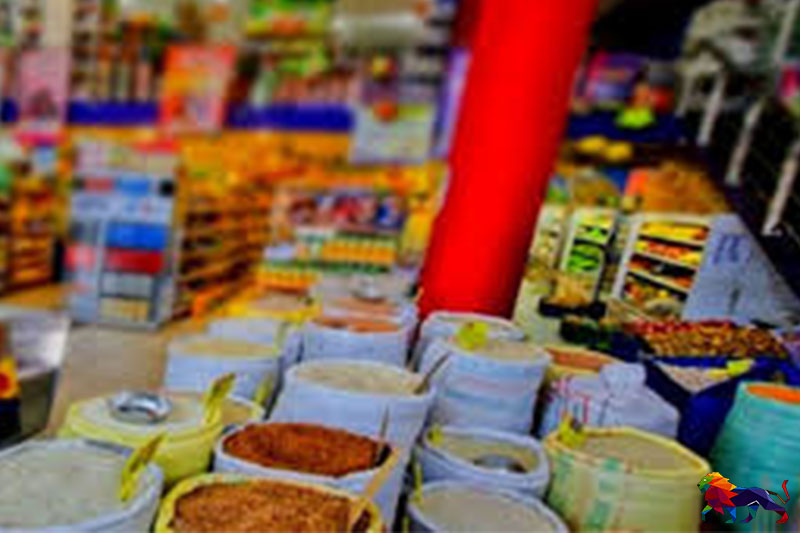This was due to the statistical effect of the high base that prevailed in October 2019.
Meanwhile, Food inflation (Y-o-Y) decreased to 10.6% in October 2020 from 12.7% in September 2020, whereas Non-food inflation (Y-o-Y) increased marginally to 1.5% in October 2020 from 1.4 per cent in September 2020.
However, Sri Lanka is at risk of a deep economic recession, potentially a fall of up to 8% in annual GDP if the COVID-19 crisis continues for longer than expected, UNICEF warned.
The impacts on family wellbeing will be significant, as evidenced by a recent UNICEF/UNDP telephone survey in which 71% of a sample of 2,067 households representing all districts of Sri Lanka, said that they experienced either a total or partial loss in income.
The survey also found that 30% of the respondents were already reducing their consumption of food by early May, mainly cutting back on more nutritious foods.
Large segments of the society are without access to any social protection and, therefore, were vulnerable in the event of a crisis such as the COVID-19 pandemic.
To address the recession and to protect families, it will be necessary for Sri Lanka to put in place a large fiscal stimulus package, comprising social protection transfers to families, UNICEF/UNDP suggested.
The change in the NCPI measured on an annual average basis remained unchanged at 6.2% in October 2020, the Central Bank stated.
Monthly change of NCPI was recorded at 0.1% in October 2020. This was mainly due to increases observed in prices of items in the Food category.
Accordingly, within the Food category, increases were observed mainly in the prices of big onion and rice during October 2020. However, prices of fresh fruits and fresh fish recorded declines during the month.
Inflation decreases as people struggle desperately to make ends meet

Sri Lanka headline inflation as measured by the year-on-year (Y-o-Y) change in the National Consumer Price Index (NCPI, 2013=100)1 decreased to 5.5% in October 2020 from
6.4% in September 2020, the Central Bank announced.
Further, core inflation (Y-o-Y) decreased to 4.5% in October 2020 from 4.8% in September 2020, while annual average core inflation decreased marginally to 4.2% in October 2020 from 4.3% in September 2020.
The reintroduction of CESS taxes on more than 2500 items, including certain essential commodities, will force importers and traders to jack up prices pushing COVID hit consumers further into severe untold hardships.



















